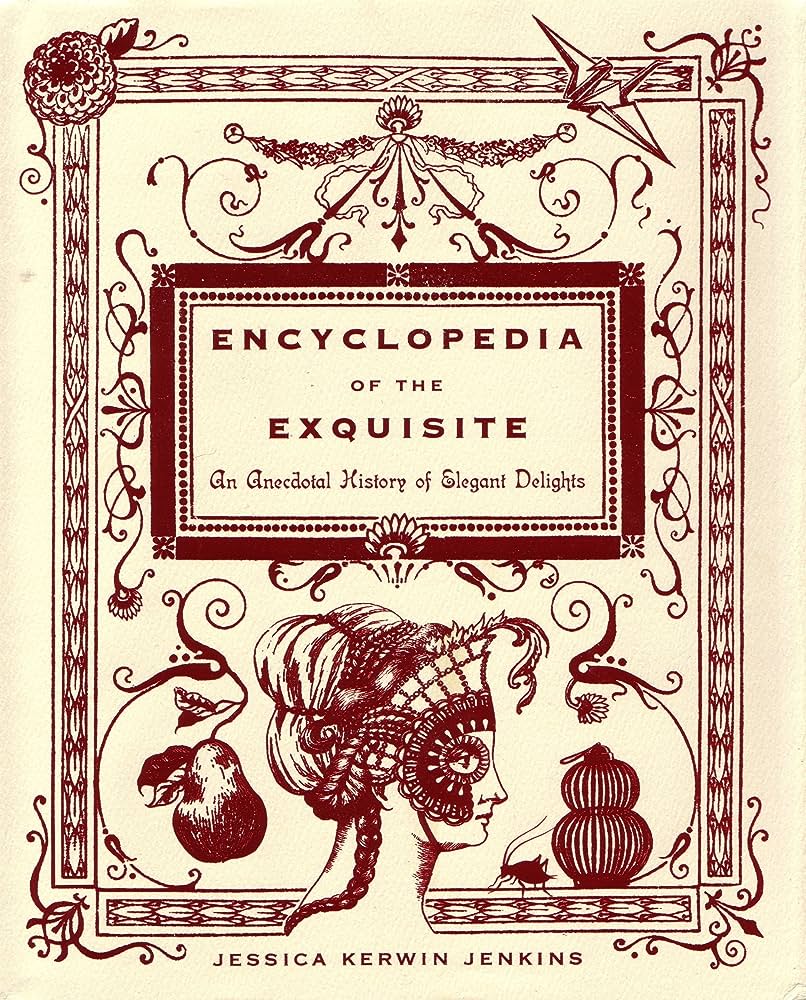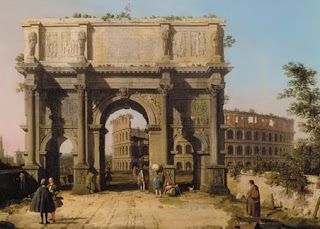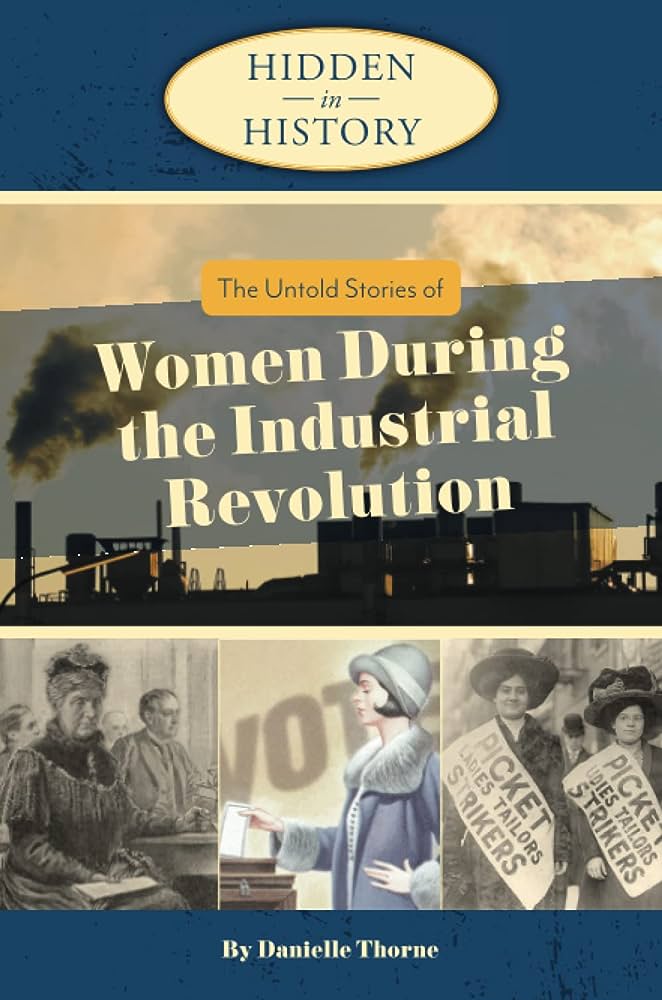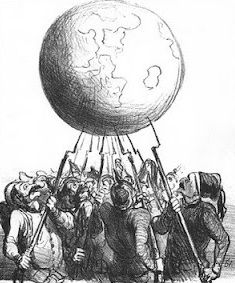Welcome to my blog, 19th Century! In this article, we delve into the fascinating world of 19th century America and explore the influential figures that shaped the nation during this transformative era. Join me as we uncover the stories of these remarkable individuals who left an indelible mark on American history.
Exploring Prominent 19th Century Figures in America: A Glimpse into the Era’s Influential Personalities
In the 19th century, America was inhabited by a myriad of influential figures who played crucial roles in shaping the nation’s history. These individuals left lasting legacies that continue to resonate today.
Exploring Prominent 19th Century Figures in America: This phrase sets the tone for the topic and highlights the main focus of the content.
A Glimpse into the Era’s Influential Personalities: This phrase emphasizes the significance of the individuals being discussed and their impact on the time period.
inhabited by a myriad of influential figures: This phrase underscores the abundance and importance of notable individuals within the 19th century America.
shaping the nation’s history: This phrase highlights the active role these personalities played in molding America’s trajectory.
lasting legacies: This phrase alludes to the enduring impact these influential figures had on American society even after their time.
continue to resonate today: This phrase suggests that the influence of these figures can still be felt in various aspects of contemporary American culture and society.
The Deadly History Of Household Appliances | Hidden Killers Full Series| All Out History
Woman Born in 1878 Talks About Her Childhood in Los Angeles, California in the 1880s
Who were some influential historical figures in 19th century America?
Some influential historical figures in 19th century America include:
1. Abraham Lincoln: The 16th President of the United States who led the country during the American Civil War and issued the Emancipation Proclamation, freeing slaves in Confederate territory.
2. Thomas Jefferson: One of the Founding Fathers and the principal author of the Declaration of Independence. He also served as the third President of the United States.
3. Frederick Douglass: An African-American social reformer, abolitionist, and writer who escaped slavery and became one of the most prominent activists advocating for the abolition of slavery.
4. Susan B. Anthony: A prominent women’s rights activist and suffragette who played a crucial role in fighting for women’s right to vote.
5. Alexander Hamilton: One of the Founding Fathers and the first Secretary of the Treasury, who was instrumental in establishing the United States’ financial system and promoting a strong central government.
6. Sitting Bull: A Native American chief and spiritual leader of the Lakota Sioux tribe, known for his leadership during the Battle of Little Bighorn against the U.S. Army.
7. Harriet Tubman: An African-American abolitionist and political activist who helped free numerous enslaved individuals through the Underground Railroad.
8. Andrew Jackson: The seventh President of the United States, known for his populist style and expansionist policies, including the controversial Indian Removal Act.
9. Betty Friedan: A leading figure in the feminist movement and author of “The Feminine Mystique,” which sparked the second wave of feminism and led to the formation of the National Organization for Women (NOW).
10. Chief Joseph: A prominent leader of the Nez Perce tribe who resisted forced removal to a reservation and famously stated, “I will fight no more forever.”
These individuals played influential roles in shaping American history during the 19th century.
Who is the most influential figure in 19th century American history?
The most influential figure in 19th century American history is Abraham Lincoln. Serving as the 16th President of the United States from 1861 to 1865, Lincoln played a pivotal role in preserving the Union and ending slavery during the American Civil War. His leadership during this tumultuous period had a profound impact on shaping the course of American history.
Lincoln’s Emancipation Proclamation in 1863 declared that all slaves in Confederate territory were to be set free, marking a significant turning point in the fight against slavery. His determined efforts to preserve the Union led to the ultimate defeat of the Confederacy, ensuring the continuation of the United States as one nation.
Additionally, Lincoln’s Gettysburg Address, delivered in 1863, remains one of the most iconic and powerful speeches in American history. It emphasized the principles of equality and democracy that the nation was founded upon, solidifying his legacy as a champion for the rights and freedoms of all Americans.
Beyond his actions during the Civil War, Lincoln also helped shape America’s future through the passage of key legislation and policies. The Homestead Act of 1862 granted land to settlers willing to develop and cultivate it, accelerating westward expansion and opening up opportunities for countless Americans.
Overall, Abraham Lincoln’s leadership, moral compass, and commitment to preserving the Union and ending slavery make him the most influential figure in 19th century American history. His impact on the nation continues to resonate to this day.
What was the 19th century known for in America?
The 19th century in America was known for significant historical events and transformations that shaped the nation’s character. Industrialization and westward expansion were two prominent features of this era. The country experienced a rapid shift from an agrarian society to an industrial powerhouse, with advancements in manufacturing, transportation, and communication technologies. This period also witnessed the growth of cities and the rise of urbanization.
The American Civil War, which took place from 1861 to 1865, was one of the most defining events of the 19th century. The conflict between the Northern states (Union) and the Southern states (Confederacy) over issues of slavery and states’ rights resulted in immense loss of life and had profound effects on the nation’s political and social landscape. The war ultimately led to the abolition of slavery with the passage of the 13th Amendment.
Another significant development of the 19th century was the women’s suffrage movement. Women began advocating for their right to vote and actively participating in social reform movements. The efforts of suffragettes eventually culminated in the passage of the 19th Amendment in 1920, granting women the right to vote.
The Industrial Revolution brought about transformative changes in the economy and society. The development of new inventions and technologies, such as the steam engine and the telegraph, led to increased efficiency and connectivity. This era also witnessed the rise of robber barons—wealthy industrialists who amassed great fortunes but faced criticism for their treatment of workers and monopolistic practices.
In terms of literature and culture, the 19th century saw the emergence of significant American authors and poets, such as Ralph Waldo Emerson, Henry David Thoreau, Mark Twain, and Emily Dickinson. Their works reflected the spirit of the time and explored themes of individualism, nature, and social commentary.
Overall, the 19th century in America was characterized by a complex interplay of societal changes, political struggles, and cultural advancements that laid the foundation for the nation’s future development.
Who was a significant figure during the Gilded Age?
One significant figure during the Gilded Age was Andrew Carnegie. Carnegie was a Scottish-American industrialist and philanthropist who made his fortune in the steel industry. He is known for his role in the expansion of the American steel industry, using innovative production methods and vertical integration to become one of the wealthiest individuals of his time. Carnegie also played a major role in shaping modern philanthropy, advocating for the distribution of wealth and donating significant portions of his fortune to establish libraries, universities, and various cultural institutions. His story represents the immense wealth and influence gained by industrialists during the Gilded Age.
Frequently Asked Questions
Who were some influential figures in 19th century America?
What were the major contributions made by 19th century American figures?
The 19th century in America saw the rise of numerous influential figures who left lasting impacts on the country’s history. Here are some of the major contributions made by these individuals:
1. Abraham Lincoln: As the 16th President of the United States, Lincoln is best known for his role in preserving the Union during the American Civil War and his efforts to abolish slavery. His Emancipation Proclamation in 1862 played a crucial role in ending slavery and is considered a landmark document in American history.
2. Thomas Edison: Edison was an inventor and businessman who greatly influenced the development of modern industries. He is credited with inventing the phonograph, motion picture camera, and practical electric light bulb, among many other innovations. His inventions revolutionized communication, entertainment, and daily life.
3. Susan B. Anthony: Anthony was a prominent leader in the women’s suffrage movement, advocating for women’s right to vote. She played a pivotal role in organizing campaigns, giving speeches, and lobbying for women’s suffrage laws. Her efforts laid the foundation for the eventual passing of the 19th Amendment, which granted women the right to vote.
4. Frederick Douglass: Douglass was an abolitionist, writer, and orator who fought against slavery and advocated for equal rights for African Americans. His autobiography, “Narrative of the Life of Frederick Douglass,” became a powerful tool in depicting the realities of slavery and challenging its existence.
5. Elizabeth Cady Stanton: Stanton was a leading figure in the women’s rights movement. Along with Susan B. Anthony, she helped organize the first women’s rights convention in Seneca Falls, New York, in 1848. Stanton advocated for women’s suffrage, property rights, and legal equality, contributing to the advancement of women’s rights in the country.
These figures, among many others, played pivotal roles in shaping American history and fighting for important causes such as the abolition of slavery and the advancement of women’s rights. Their contributions have had a lasting impact on the development of the United States and continue to inspire generations.
How did 19th century American figures impact the development of the country?
19th century American figures played a significant role in shaping the development of the country. They were instrumental in various areas such as politics, society, and economy.
In politics, figures like Abraham Lincoln influenced the course of American history through his leadership during the Civil War and the issuance of the Emancipation Proclamation. His actions, aimed at preserving the Union and abolishing slavery, had a lasting impact on the nation’s trajectory.
Thomas Jefferson was another influential figure whose ideas shaped the political landscape. He played a pivotal role in drafting the Declaration of Independence, advocating for individual rights and limited government. His presidency also saw the Louisiana Purchase, which significantly expanded territorial boundaries.
Andrew Jackson is known for his populism and expansionist policies. His presidency saw the Indian Removal Act, resulting in the forced relocation of Native American tribes from their ancestral lands. This policy had long-lasting consequences for both Native American communities and the expansion of the United States.
In society, Susan B. Anthony and other suffragettes fought for women’s rights and the right to vote. Their activism eventually led to the passage of the 19th Amendment in 1920, granting women suffrage.
Frederick Douglass, an escaped slave turned abolitionist, became a prominent spokesperson for the abolition of slavery. His writings and lectures challenged societal norms and contributed to the growing anti-slavery movement.
In terms of the economy, John D. Rockefeller and Andrew Carnegie revolutionized the industrial landscape through their respective monopolies in oil and steel. While their business practices were contentious, their contributions to America’s industrialization were undeniable.
These figures, among many others, left an indelible mark on the development of the United States. Their actions and ideas helped shape the political, social, and economic landscape of the country during the 19th century and continue to influence American society to this day.
The 19th century in America was a period filled with remarkable figures who shaped the nation’s history. From Abraham Lincoln’s pivotal role in the abolition of slavery to Susan B. Anthony’s tireless efforts for women’s suffrage, these individuals left an indelible mark on American society.
Their impact reverberates even today, as their ideas and contributions continue to inspire future generations. These figures were not only pioneers in their respective fields, but they also challenged societal norms and fought for equality and justice.
Their legacy serves as a reminder of the power of determination and perseverance, highlighting the importance of standing up for what is right. Their accomplishments paved the way for progress and laid the foundation for the modern America we know today.
As we reflect on the 19th century figures in America, we must acknowledge their immense contributions and recognize the struggles they faced in a time of great change. Through their dedication and unwavering commitment to their ideals, they transformed America into a more inclusive and equal society.
We owe them a debt of gratitude for their courage and vision, as their actions continue to shape our present and future. It is through understanding and honoring the stories of these 19th century figures that we can forge a path towards a better tomorrow.
In commemorating these extraordinary individuals, let us remember their achievements, inspire by their example, and strive to continue the work they started. The 19th century figures in America will forever be remembered as catalysts of progress, pushing boundaries and transforming the nation into a land of opportunity for all.






